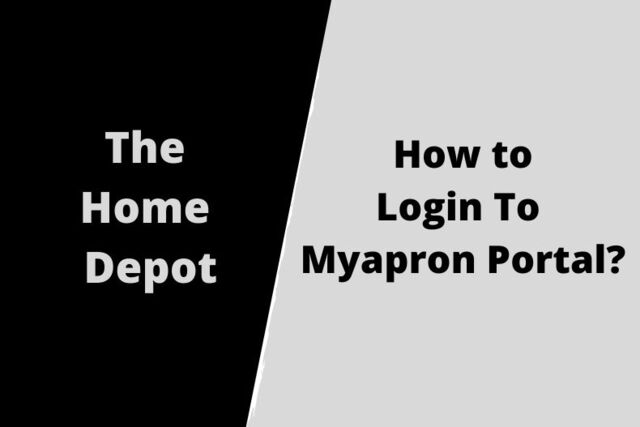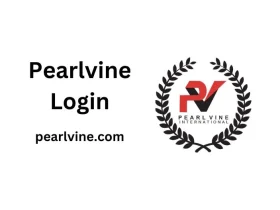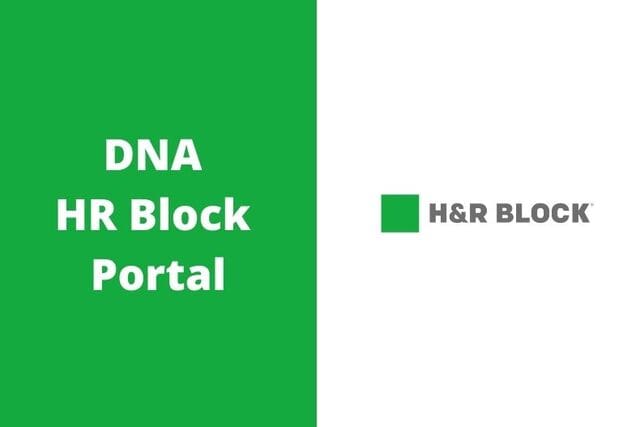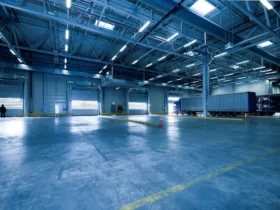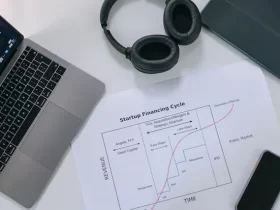Your business is unlike any other business in the world — which means it probably needs something a bit more specialized than an out-of-the-box business owner’s insurance policy. Before you waste your money and time on an insurance policy that does not provide adequate protection for your business, you should consider what you can do to ensure that your insurance coverage meets your precise needs.

Fortunately, many business insurance providers are more than willing to work with business leaders to create bespoke policies. Before you work to create your own custom business insurance policy, you might do some groundwork with the following tasks:
Know About Your Industry
Your industry determines so much about how your business operates — and what types of risks it needs to be covered by insurance. A manufacturing company faces vastly different safety and operational issues than a consulting business; a retail store needs to worry about different kinds of coverage from a healthcare services provider.
As a business leader, you should have a working knowledge of your industry and how it affects business operations. However, you might dedicate some time to researching how other companies in your industry manage insurance. More established companies may have insurance policies that cover industry risks more effectively, and you may want to copy their example to provide thorough protection to your business. It can also be helpful to work with insurance providers that are familiar with your industry, as they will be more adept at building a policy that adequately covers all major and minor risks.
Assess Your Risk Levels
Some industries and businesses are inherently riskier than others. Companies within the growing cannabis industry, for example, face incredible risk; not only is the industry untested, but regulations continue to shift, and the nature of cannabis products can put businesses at higher risk of theft, vandalism, and other dangers.
Similarly, businesses within industries that involve heavy machinery can be riskier than businesses in typical office or retail environments. Mining, agriculture, construction, and the like often put employees in exceedingly dangerous situations, and companies need to have the right insurance coverage to keep workers satisfied and the organization safe despite the high likelihood of injury.
You might consider how unique aspects of your business might affect your risk levels. For example, the age and size of your company might increase or decrease your risk, depending on your industry and operations. Again, you can work with an insurance provider to ensure that you have the right amount of liability insurance for adequate protection.
Identify Involved Assets
Most companies have physical assets that are integral in the efficient operation of essential processes. In some industries, those assets include heavy machinery and complex equipment; in most industries, a physical commercial space is mandatory. You should spend some time cataloguing all assets necessary to conducting business, as these assets must be covered under your bespoke business policy. Some assets that are often overlooked by business leaders include:
Vehicles. Vehicles that are titled in the company name or used for company services should be covered by the business policy to protect against damages caused by those vehicles.
Raw materials and inventory. Inventory costs can be high, and if inventory becomes damaged in some way a company might not be able to recover. Thus, insurance coverage should extend to inventory.
Intellectual property. Intellectual property like copyrights, trademarks, patents, and the like can and should be insured, especially if IP is essential to business operations.
Consider Cyber Risks
Cybersecurity must be an immense concern for business leaders across industries. As more companies develop digital maturity and come to rely heavily on digital systems for various business processes, cyber attackers have turned their attention away from individual home users and toward organizations, which tend to have more data and financial assets to exploit. Many cybersecurity experts attest that it isn’t a matter of if your business will succumb to a cyber threat — but when.
Because recovery from cyberattack can cost tens of thousands of dollars, you might consider rolling cybersecurity into your insurance coverage. Cyber insurance could help you financially in the event of a cyberattack, and providers may extend expert-level security assistance to reduce the likelihood of a successful breach.
With a bit of research into your unique business situation, you can give your company the gift of perfectly curated insurance coverage.





